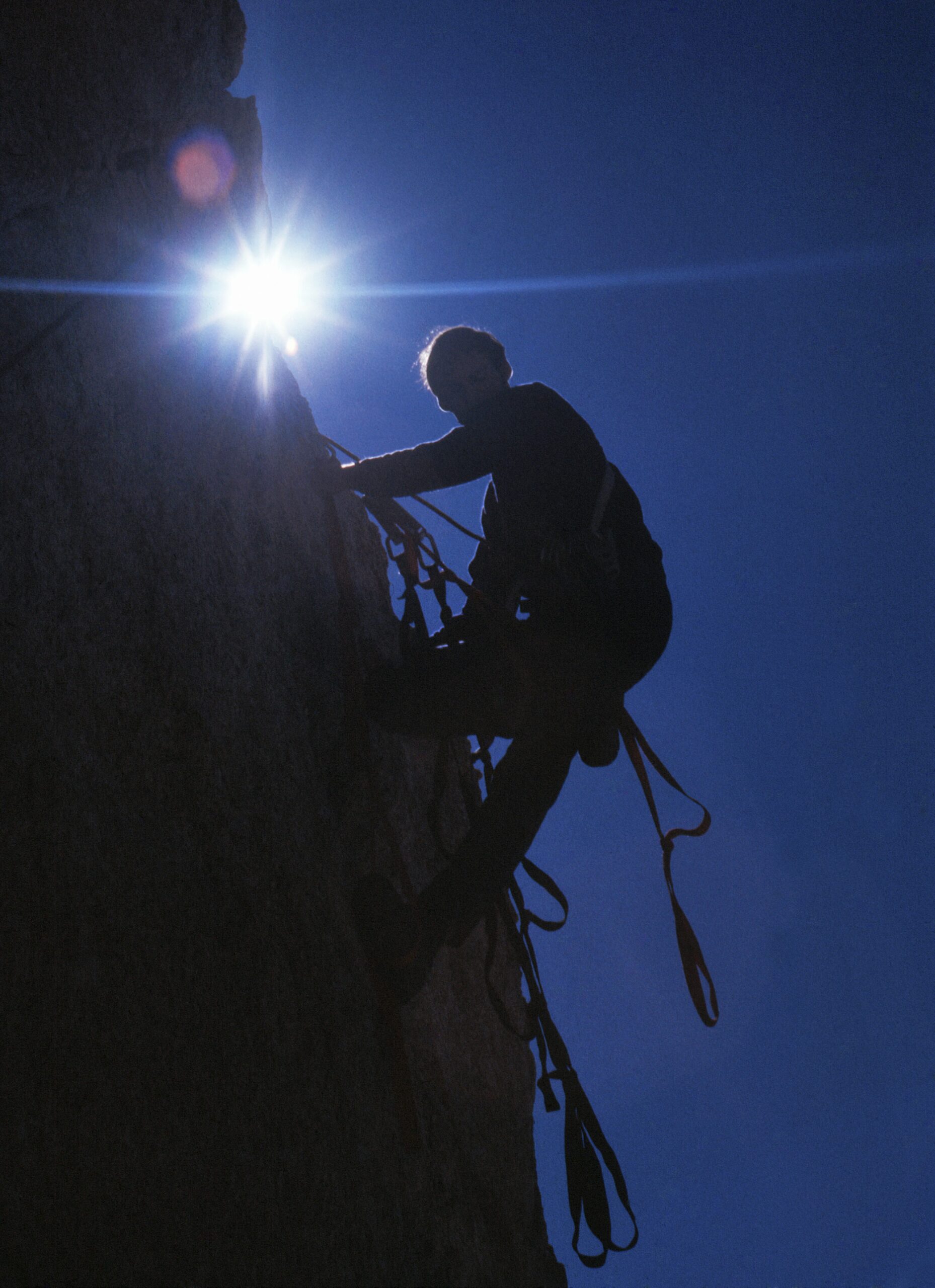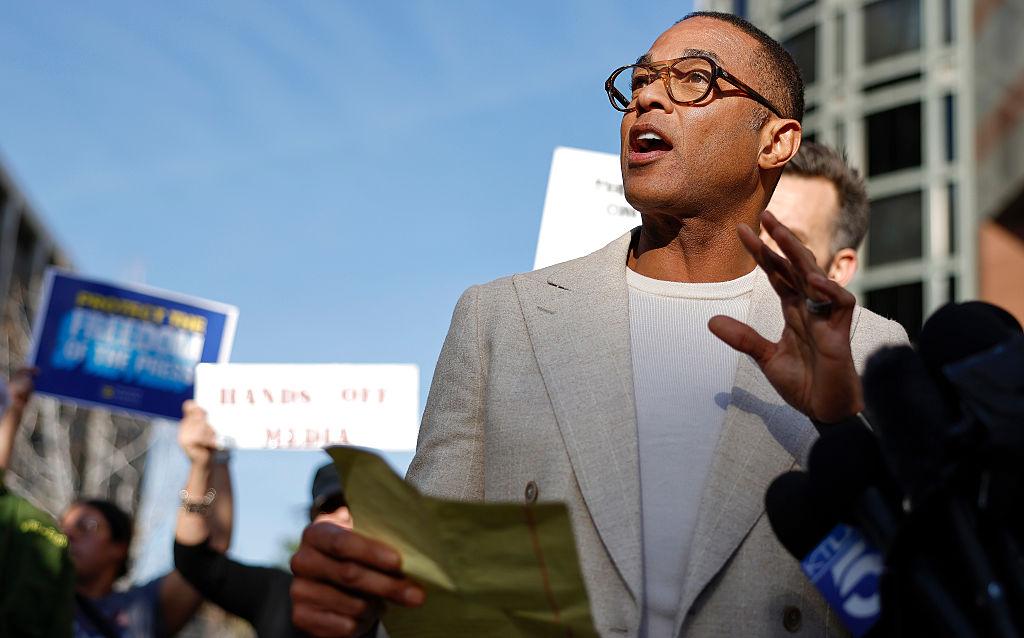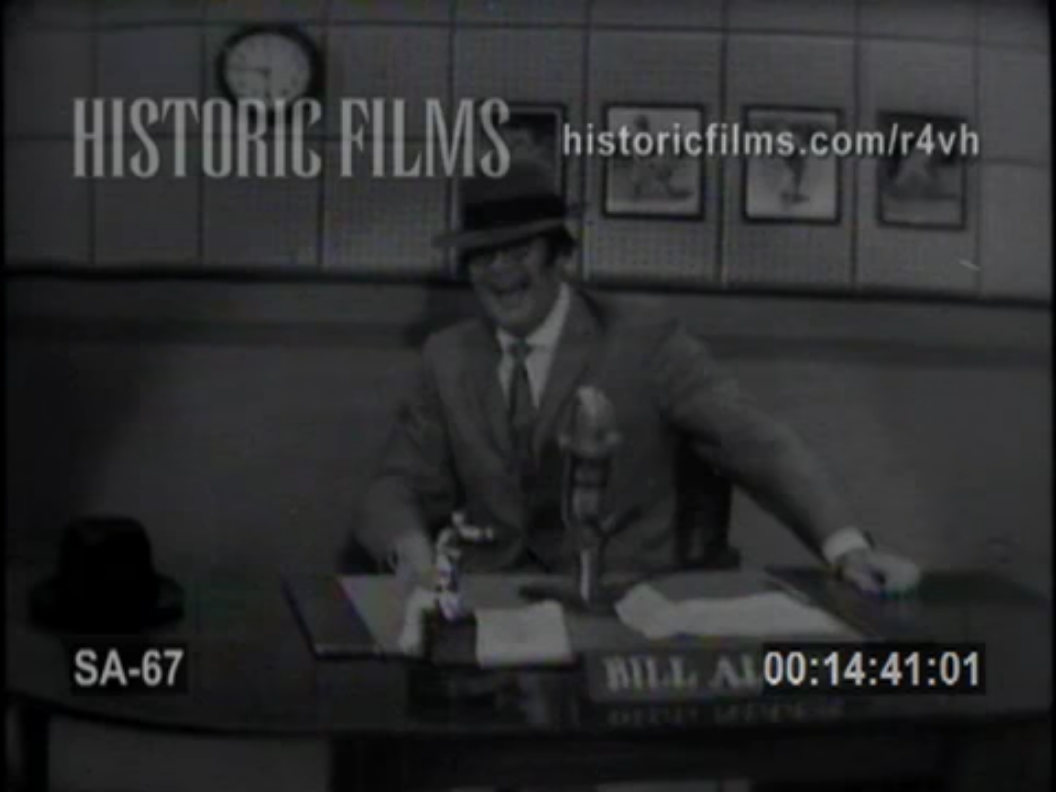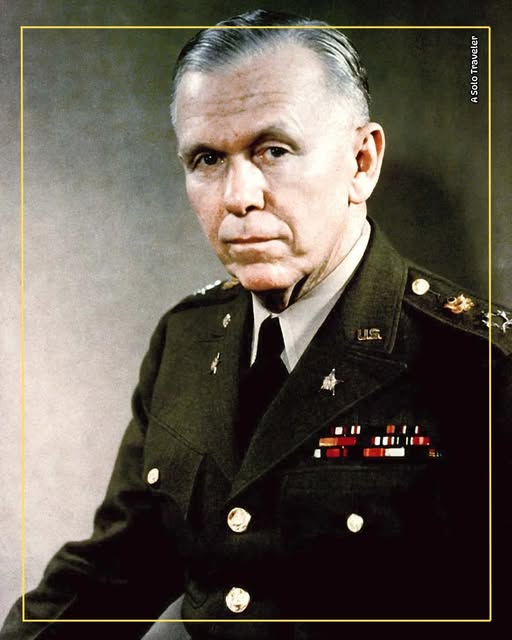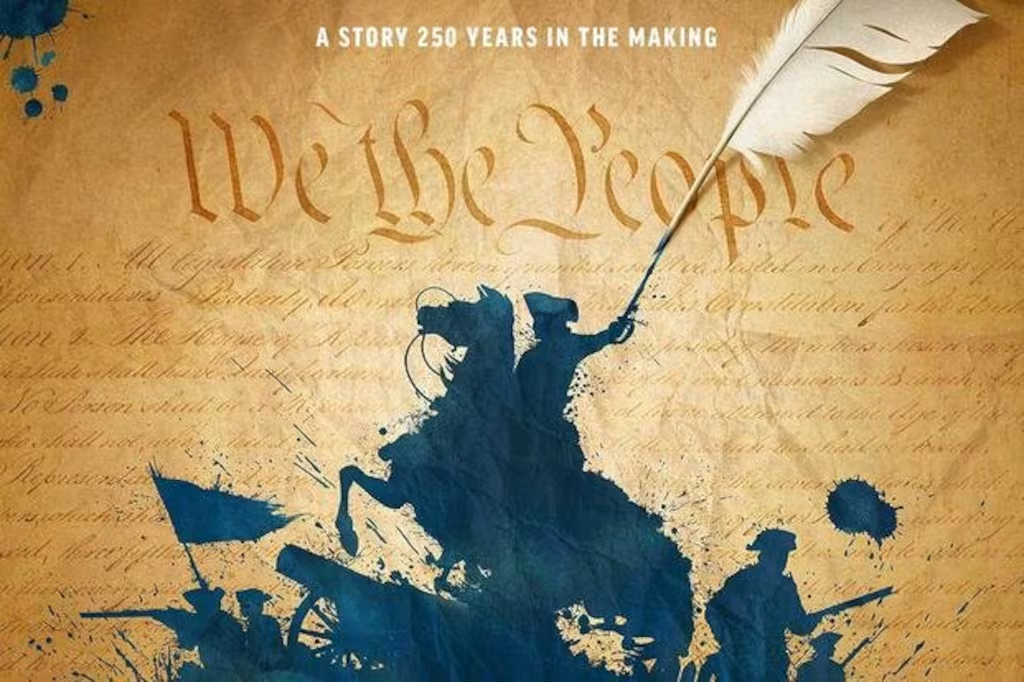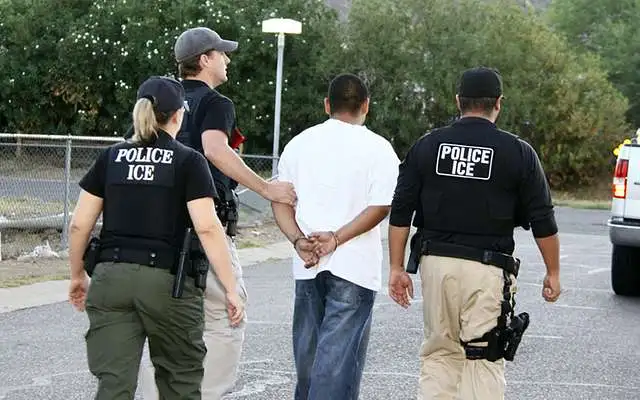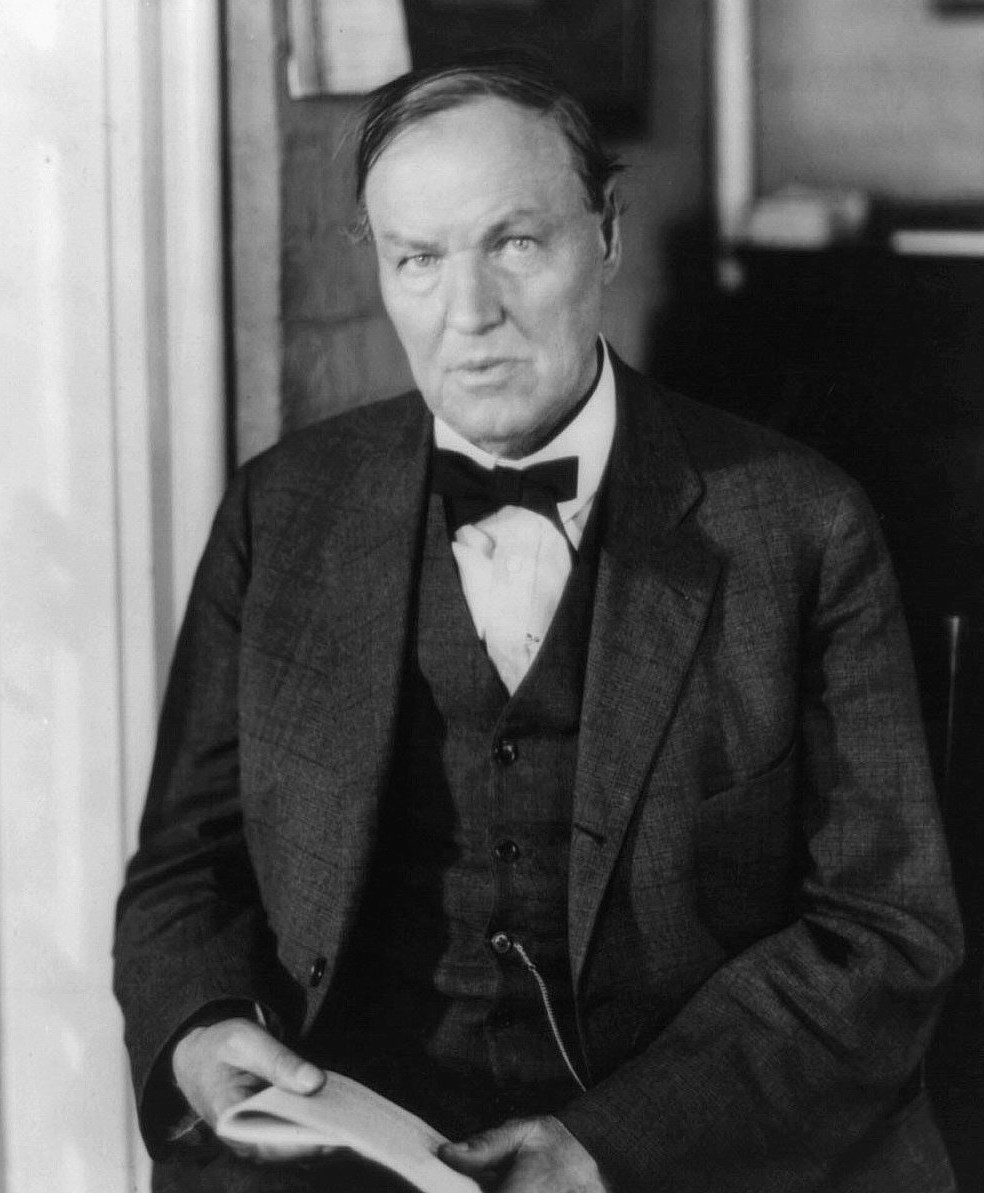It began with words that insult and incite, then quickly escalated to rapid-fire judgments so full of agendas, and self-interest that is was doomed to collapse under the weight of its own hypocrisy. And what was revealed in the end was a lie.
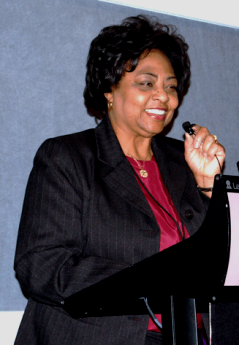
“All drama is about lies. When the lie is exposed, the play is over.”
That’s David Mamet discussing the central point of his latest Broadway play Race. But he could have been talking about the series of ethical failures surrounding events that led to the firing of USDA official Shirley Sherrod, because many of the elements remain the same: pride, prejudice, rancor, hyperbole, ignorance, and finally, deceit.
On June 23 (Responsibility and the Press), I wrote, “Winston Churchill famously said, ‘A lie gets halfway around the world before the truth has a chance to get its pants on.’ I’m not sure when Sir Winston said that, but with the presence of the Internet, I’m positive the time frame has been reduced to a nanosecond.”
Overreactions from some in the media as well as senior Washington officials to the Sherrod case clearly demonstrate how much damage can be done to an individual’s reputation by those who chose a rush to judgment rather than take the time to examine the facts.
However, as we have seen, this is an expression of a larger, more contentious issue.
Intolerance – political, cultural and religious – is the greatest issue facing us all today. Intolerance excludes us from the world, takes us away from our connection to humanity and leads us down a path to fear, hate and conflict.
I’m not going to rework what’s already been discussed in the last 48 hours about the Sherrod episode. I only offer two questions, in the context of ethics: What do we learn from this and where do we go from here?
First, the media – including all Internet sites that report and discuss the news – need to understand the power and responsibility they have in the marketplace of news and opinion. Journalism is a form of public trust, and credibility is vital to that trust. Journalists covering any news story need to commit to a fair and objective process that seeks the most complete and reliable information available. This process should not only include rigorous fact-checking, but also an examination of the source of those facts.
Too many times, many in the media are so caught up in the frenzy of the moment that getting the story first trumps what should be the journalistic common sense of getting the storyright.
Further, radio and TV hosts whose job is to develop and broadcast opinion have a responsibility to base that opinion on fact not speculation, rumor or innuendo. Too often, many in the “opinion” business are so caught up in the frenzy of the moment that sensation and controversy trumps ethics and common sense.
Likewise, public service is a public trust and credibility is vital to that trust.
Michael Josephson, founder of The Josephson Institute, which has advised government agencies and state legislatures on ethical issues, writes under Ethical Principles and Values for Public Servants –
“Public servants should demonstrate fairness by…(3) exercising official and managerial authority with open mindedness and a willingness to seek out and consider all relevant information, including opposing perspectives; …(5) scrupulously employing open, equitable, and impartial processes for gathering and evaluating information necessary to decisions.”
Many in government are so caught up in the frenzy of the political moment that over-reaction trumps what should be well-considered, ethical decision making.
Where do we go from here?
In the last chapter of What Do You Stand For? I wrote, “If we are ever going to return to the standards we once had, we’re going to have to stop the relentless need to finger-point and blame and begin to take a good look in the mirror and ask ourselves what we stand for…
“First, we need to commit to a set of standards that we know to be right. The Ten Commandments and Golden Rule are a good start, but those standards should also reflect a deep commitment to being both responsible and accountable along with a sincere desire to strive to do our best in all circumstances.
“Second, we need to raise our awareness of ethics in the decisions we make on a daily basis: are we treating others honestly, fairly, with respect and consideration? …Ethics is not about what we say or what we intend. It’s about what we do. And how we utilize our principles in small ways, as well as those that challenge the courage of our convictions, will determine the purpose and course of our lives…
“Finally, we need to cultivate a culture of cooperation. We need to focus less on rights and more on the responsibilities we have to each other. So many times people fail to consider the effect their decisions have on others. In an interview about the 1996 Everest tragedy, climber Jon Krakauer observed, ‘…we were a bunch of individuals who liked each other …and got along well enough, but we never had this feeling that we were all in it together. …We were all in it for ourselves when we should have been in it for each other.’
“But we can change that. And that change begins when we are willing to stand up and stand for our highest aspirations.”
The only question remaining now is – How will news editors and government officials translate the lessons from the Sherrod case into better ethical decision making?
Comments
